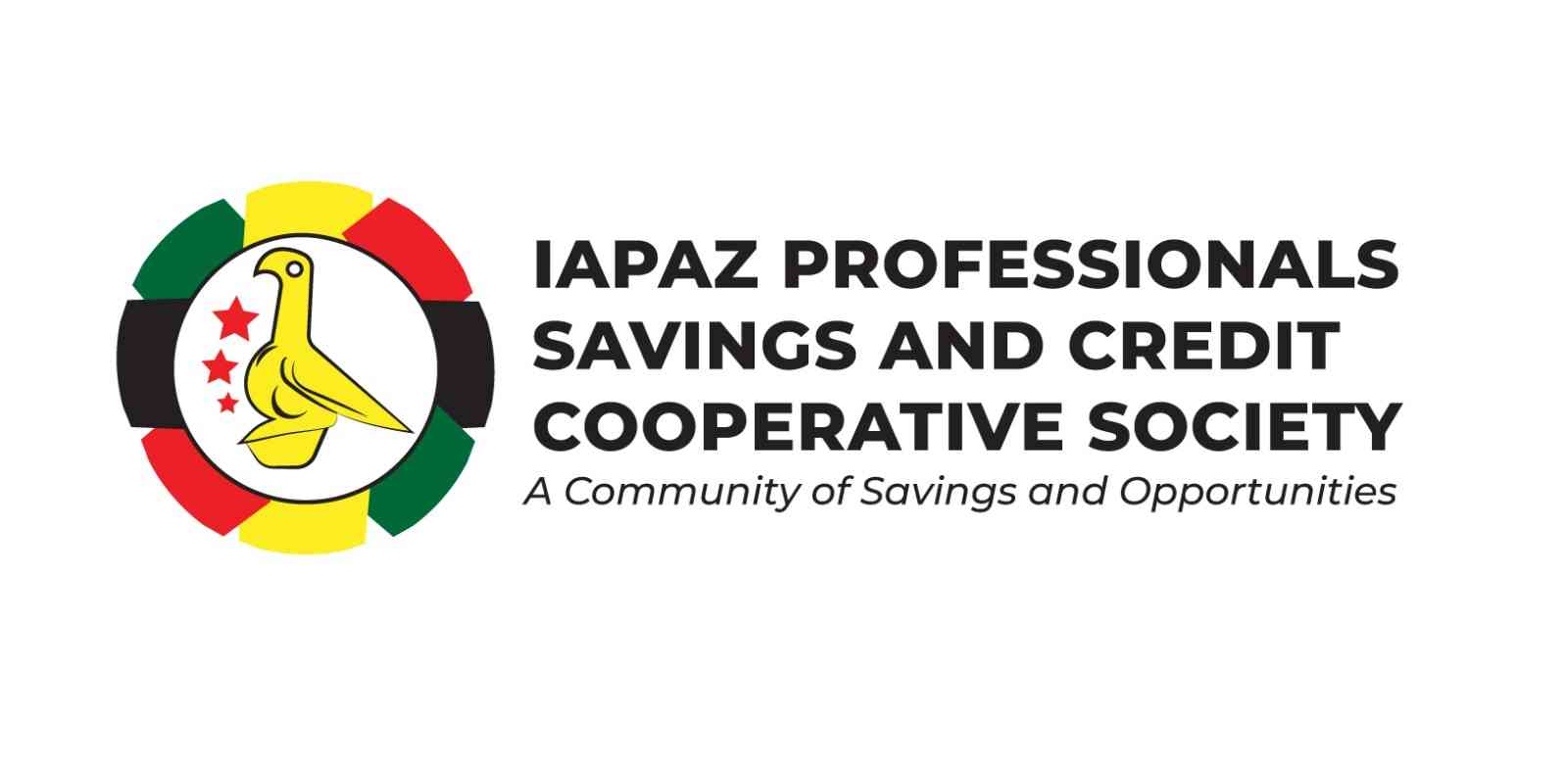
The Zimbabwe National Chamber of SMEs (ZCSMEs), in partnership with the Indigenous Advisory Practitioners Association of Zimbabwe (IAPAZ), is set to roll out Monthly SMEs Networking Breakfasts across the country’s rural districts, building on the success of the oversubscribed Harare-based sessions.
The initiative, which has been hailed as a game-changer for rural business development, aims to unlock the vast potential of rural SMEs by fostering networking, collaboration, innovation, and industrialization.
The project aligns with the national development thrust of leaving no one and no place behind.
Speaking at the launch, the Provincial Chairperson of the ZCSMEs—Midlands Province, Bigboy Murenga, emphasized the program’s inclusive agenda.
“We are guided by our governments' national development vision, which is inclusive and leaves no one and no place behind. We have been successfully piloting this initiative in Harare, and we are now going national, bringing rural SMEs into the formal economy,” he said.
The networking breakfasts, which will be hosted in partnership with local authorities, banks, and large corporates, will offer rural entrepreneurs a platform to engage, form partnerships, and benefit from capacity-building programs designed to accelerate their formalization and industrialization.
Each breakfast session will include a raffle, offering attendees the opportunity to host a site visit to their workplace, shop, or factory. The selected businesses will gain media coverage to amplify their work and inspire others.
Nyasha Gonese, President of IAPAZ, reiterated the critical role that SMEs play in driving economic development and urged stakeholders to support the formalization of rural businesses.
- IEOZ empowers entrepreneurs in the outskirts
- SMEs networking breakfasts goes national: Empowering rural entrepreneurs
- ZCSMEs to host inaugural Post-Budget review seminar for MSMEs
- ZCSMEs to lead Post-Budget review seminar for MSME development
Keep Reading
"SMEs are the bedrock of any functional economy. Ignoring them in the national development matrix is at our own peril," said Mr. Gonese. "I urge our partners—including banks, local authorities, and large corporates—to develop products and services that will entice SMEs into the formal economy. We need solutions that match the demands of a contemporary Zimbabwe and the world at large."
The initiative supports Domestic Direct Investment (DDI), complementing Foreign Direct Investment (FDI) efforts by encouraging local-led industrialization and economic growth in line with the government’s Vision 2030 goals. As this initiative goes national, rural SMEs are set to be key players in Zimbabwe’s industrialization journey, contributing to sustainable development and creating jobs across the country.











